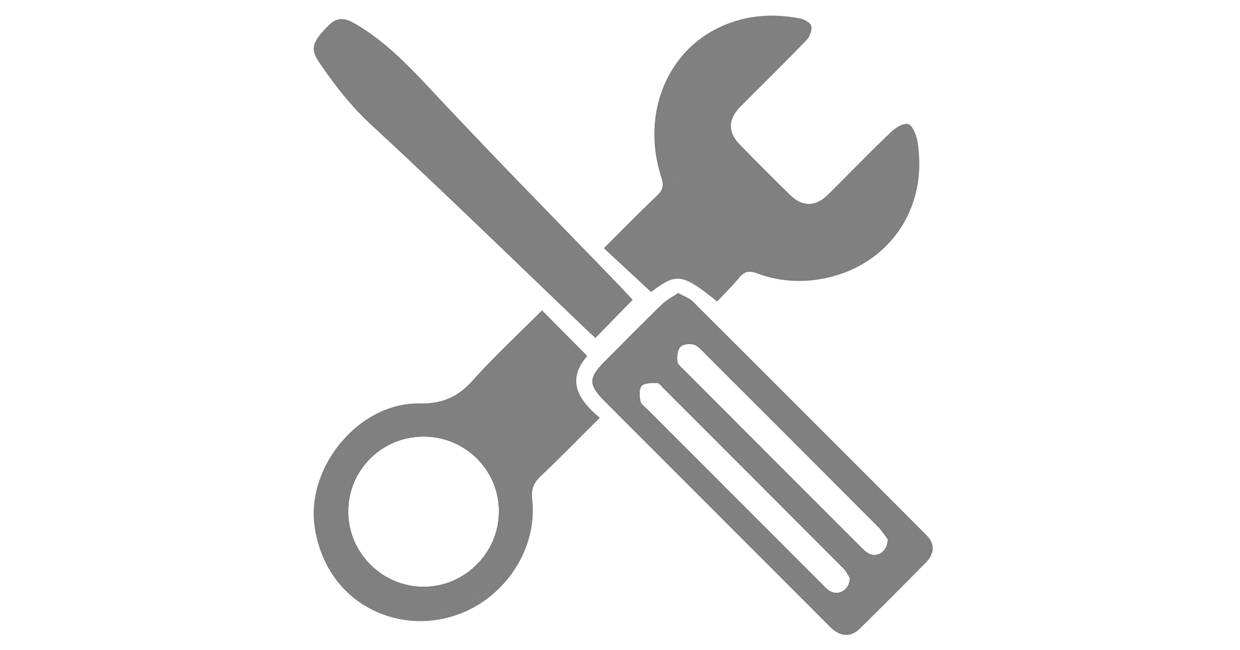Optimism among UK manufacturers rose at the fastest rate since April 2010 as orders and output continued to grow steadily in the three months to October, according to the latest CBI quarterly Industrial Trends Survey.
The survey of more than 350 manufacturers reveals total new orders grew for the second consecutive quarter and output rose for the third consecutive quarter. Total new orders grew at the fastest pace since April 2012, with growth in the volume of domestic orders at its highest rate since April 2011.
Rising demand helped boost overall sentiment as well as optimism about export prospects for the year ahead, despite new export orders growing only slightly.
The investment intentions of manufacturing firms continued to present a mixed picture. Plans for spending on plant and machinery declined on three months ago but strengthened for ‘intangibles’ such as product innovation, where investment intentions were the strongest for six quarters. Meanwhile plans for spending on training and retraining were the strongest since October 1997.
Firms seem untroubled by inflationary pressures, with both domestic and export output prices declining marginally, while unit costs were flat.
Stephen Gifford, CBI director of economics, says: “The manufacturing sector has increasing confidence in the UK’s recovery with optimism about the general business situation improving to the greatest extent since April 2010. New orders and output are continuing to grow steadily and expectations for the next three months are promising. But there are only limited signs of rebalancing towards exports or investment, with marginal growth in export orders and firms scaling back plans for capital expenditure on plant and machinery.”
Key findings in the three months to October were:
· 32% of businesses said they were more optimistic about the general business situation than three months ago and 8% less, giving a balance of +24%, the highest since April 2010 (+24%)
· 30% of businesses reported an increase in total orders and 24% said they decreased, giving a balance of +6%, the highest since April 2012 (+8%)
· The balance for new domestic orders (+10%) was the highest since April 2011 (+15%), but the balance for new export orders (+3%) was down on the three months to July (+7%)
· Output increased for the third consecutive quarter (a rounded balance of +8%) with 25% of firms saying output volumes were up and 16% saying they were down
· Both domestic and export output prices declined marginally this quarter (-4% and -6% respectively) and unit costs were flat (0%)
· Manufacturers’ stocks of raw materials, work in progress and finished goods were all significantly up on the last quarter (+12%, +13% and +14% respectively).
Next quarter:
· A balance of +14% of manufacturers expected total new orders to increase, with a balance of +13% expecting domestic orders to rise and +7% expecting export orders to go up
· Manufacturers also expect output and numbers employed to increase over the next three months (+9% and +7% respectively)
· Average domestic prices and export prices are expected to be broadly flat (-2% and +1% respectively)
· A balance of +6% of manufacturers expect average unit costs to increase in the next quarter.
Investment plans and constraints:
· Concern about a shortage of skilled labour acting as a constraint on output in the next three months was cited by 21% of firms, the highest since July 2012 (21%)
· Concern about political and economic conditions abroad as a factor likely to limit export orders was cited by 31% of manufacturers, slightly down on the last quarter, but ahead of the long-run average of 22%
· Manufacturers' investment intentions compared with the previous twelve months remain above average for product and process innovation (+28% compared with +10%) and training (+33% compared with +12%), but in line with the long-run average for plant and machinery (-8% compared with -9%) and buildings (-20%)
· Uncertainty about demand remains the number one constraint on investment, but is only moderately above its long-run average (59% of firms cited this, against a long-run average of 52%)
· A survey record high of 18% of firms cited labour shortages as a factor likely to limit capital expenditure authorisations.







